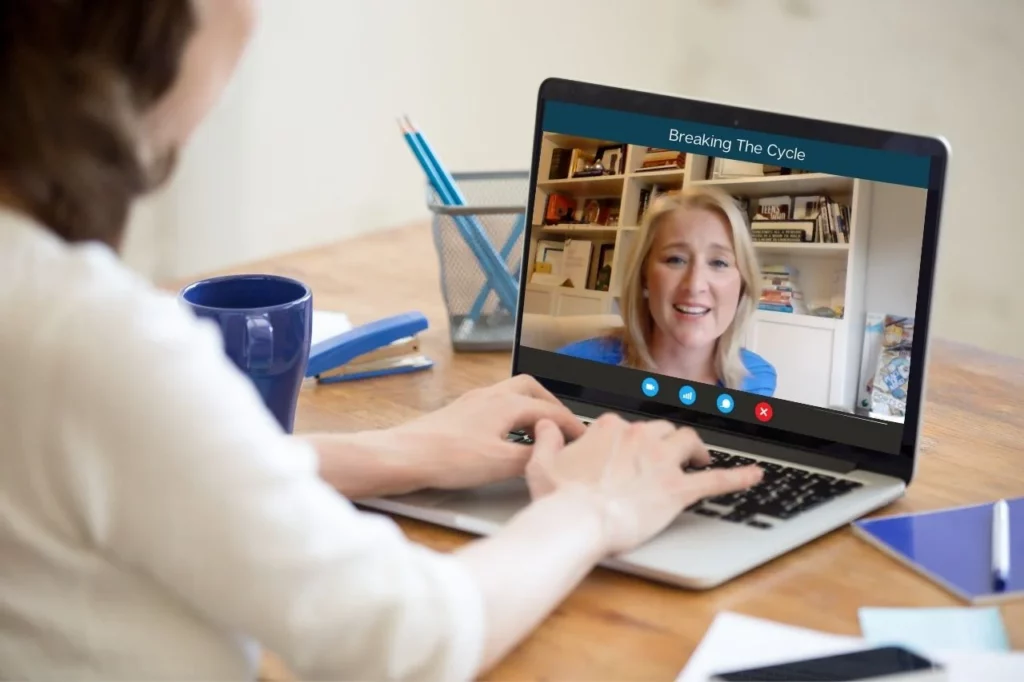An Individualized Education Program (IEP) is a written document developed for each public school child who is eligible for special education.
I have heard from scores of parents who went into their child’s IEP meeting blindly, unprepared and overwhelmed by all the ‘experts’ in the room, and uncertain as to what happens next.
These 3 tips to prepare for your child’s IEP meeting will help you prepare so you can walk into the room confidently as the expert of your child’s needs.
1. Educate yourself.
You are your best advocate for your child. Educate yourself as to the purpose of an IEP and what specifics an IEP can and cannot do. Research the Individual with Disabilities Educational Act (IDEA) to better understand your child’s rights. The more you know the better you can advocate for your child.
2. Make sure your requests are in writing.
All requests you make for additional assessments, meetings, or specialized services for your child must be in writing. Having your requests documented, either on the plan or in IEP meeting minutes, makes clear your intentions. Although the committee can deny or accept, they must adhere to the IDEA procedural guidelines.
3. Do not sign the plan if you do not know what the plan means.
If you are unsure about the meaning of an acronym, the details of the plans or anything else, stop and ask questions. Do not feel obligated to sign your child’s IEP plan if you are feeling rushed. If you do not understand the plan, schedule another meeting to go over the plan again.
Remember, these services are designed to help you and your child. They can only do that if you understand how to use them.
If we can help, please contact Breaking the Cycle Consulting today to schedule a private consultation or visit our programs page to check out other services we offer. And, as always, with Breaking the Cycle, we invite you to #staysafe.








